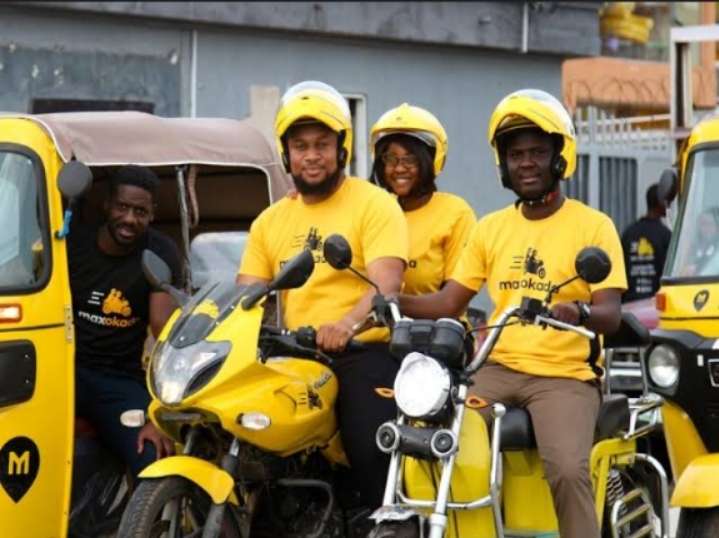Nigerian electric mobility startup MAX has unveiled West Africa’s first solar-powered battery swap station, a milestone the company says will reshape the continent’s clean transport landscape.
Deployed in Nigeria, the station runs exclusively on renewable energy from a 20kWp solar PV array, supported by a 24kW inverter and a 30kWh battery bank, ensuring uninterrupted 24/7 service.
“This isn’t just an energy solution, it’s a statement,” said Chinedu Azodoh, co-founder and president of MAX.
“We’re proving that Africa’s future can be built on clean, resilient infrastructure that serves both people and the planet.”
MAX’s Founding and Operational Structure
Founded in Lagos in 2015, MAX, short for Metro Africa Xpress, started as a mobility platform before pivoting into electric vehicle (EV) technology and financing solutions.
The company operates in Nigeria, Ghana, and Cameroon, providing electric motorcycles, tricycles, and cars for commercial drivers and businesses.
Through its model, drivers can access EVs on lease-to-own terms, with MAX also building the charging and battery-swapping infrastructure needed to sustain operations in regions with weak grid electricity.
How It Simply Works
Instead of plugging in and waiting for hours to recharge, riders simply stop at a MAX swap station, hand in their depleted battery, and receive a fully charged one within minutes.
The solar-powered system generates energy during the day while storing excess power for use at night or on cloudy days, ensuring round-the-clock reliability.
This model significantly reduces downtime for gig-economy workers, who often depend on continuous mobility for daily earnings.
Clean Energy for a Growing Gig Economy
Nigeria’s gig economy is rapidly expanding, with over 14 million motorcycles on the road, according to the National Bureau of Statistics.
Commercial riders, who play a crucial role in urban transport and delivery services, stand to save up to 40% on fuel costs by switching to MAX’s electric fleet.
“Our champions deserve mobility that works as hard, and as cleanly, as they do.”
Azodoh emphasized, highlighting the social and economic benefits.
A Model for the Continent
Looking ahead, MAX plans to roll out a network of solar-powered swap stations across West Africa.
Its leadership believes the move could set a precedent for integrating renewable energy into everyday transport, even in regions with unreliable grid power.
Azodoh, in his framing the initiative as both a technological and social innovation, said,
“This project is about building systems that last, clean, scalable, and inclusive.”
Why It Matters
Nigeria faces a persistent electricity supply shortfall, averaging around 4,000 megawatts daily, forcing businesses and drivers to rely on petrol and diesel generators.
These not only raise costs but also account for significant urban pollution.
By introducing solar-powered swap stations, MAX hopes to reduce generator dependency, slash emissions, and create a sustainable infrastructure model adaptable across West Africa.
Analysts say such solutions could accelerate Africa’s transition to a low-carbon economy, aligning with global climate goals while directly improving livelihoods.
Talking Points
MAX’s solar-powered battery swap stations have the potential to ease two of the biggest burdens on African riders, soaring fuel costs and time lost to unreliable charging, by offering a clean, affordable, and always-available alternative to petrol and diesel.
If scaled, and with deep understanding of the local market, the model could significantly boost riders’ incomes and productivity, especially in Africa’s fast-growing gig economy.
Yet, challenges loom: high infrastructure costs, policy uncertainties, reliance on imported batteries, and questions about scalability in less dense areas.
To overcome these, MAX will need to build strong public-private partnerships, invest in local assembly and maintenance, roll out strategically in high-demand urban hubs, and leverage fintech collaborations for rider financing.
If executed effectively, MAX could redefine Africa’s mobility infrastructure and set a powerful precedent for sustainable development across the continent.
